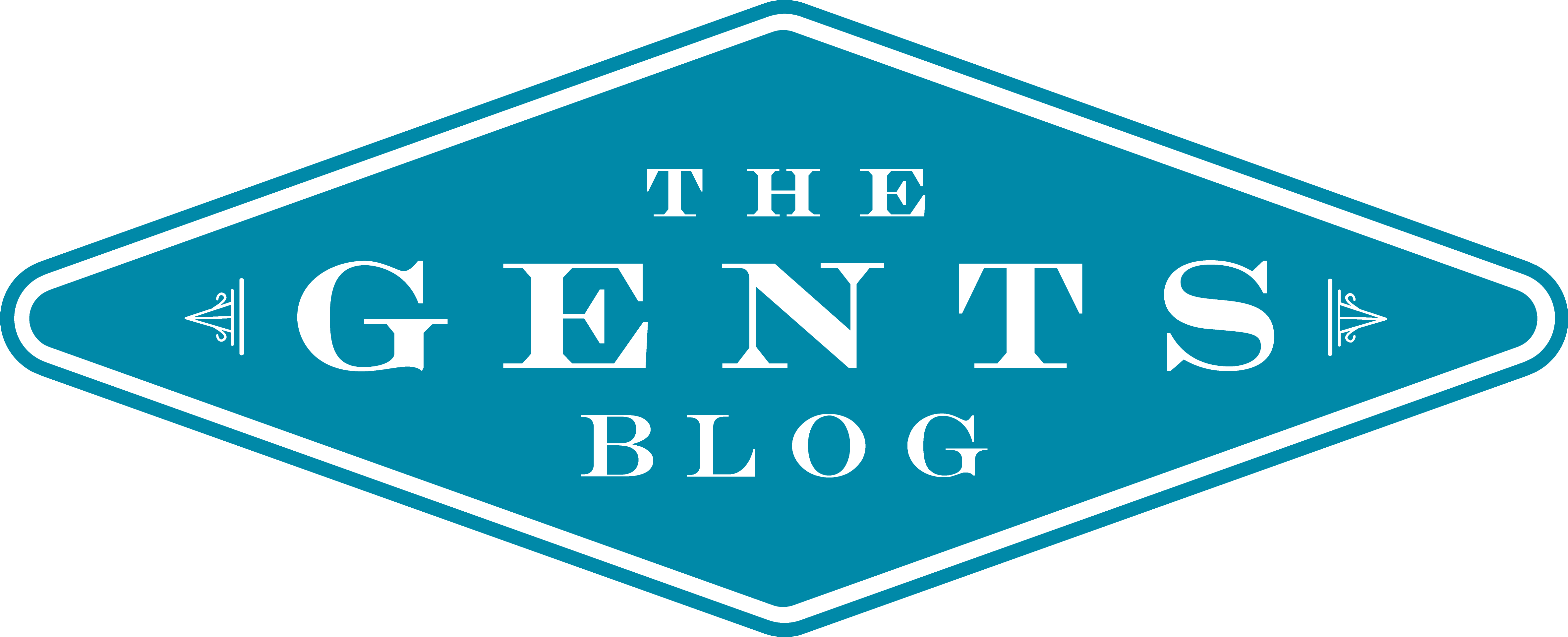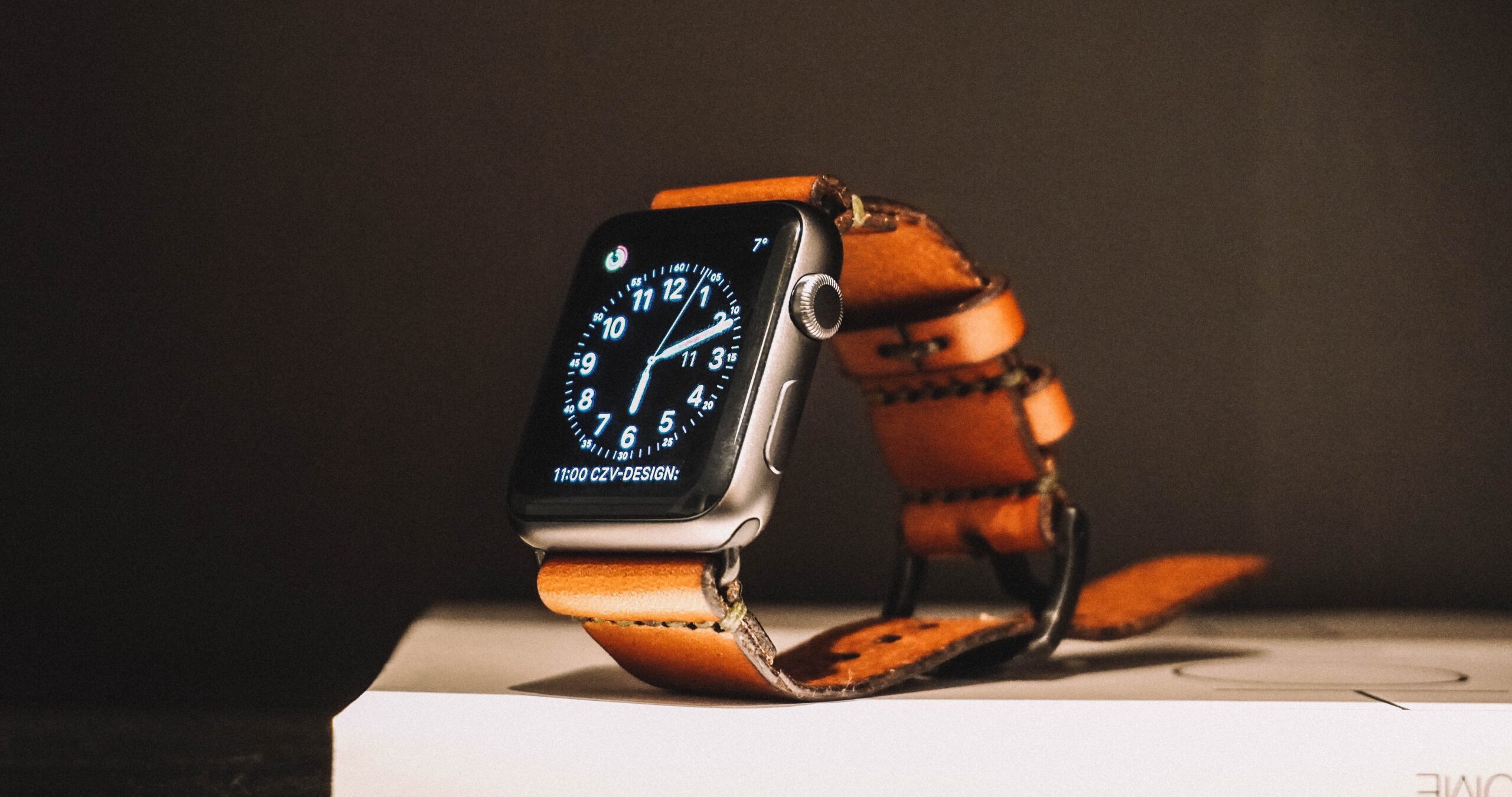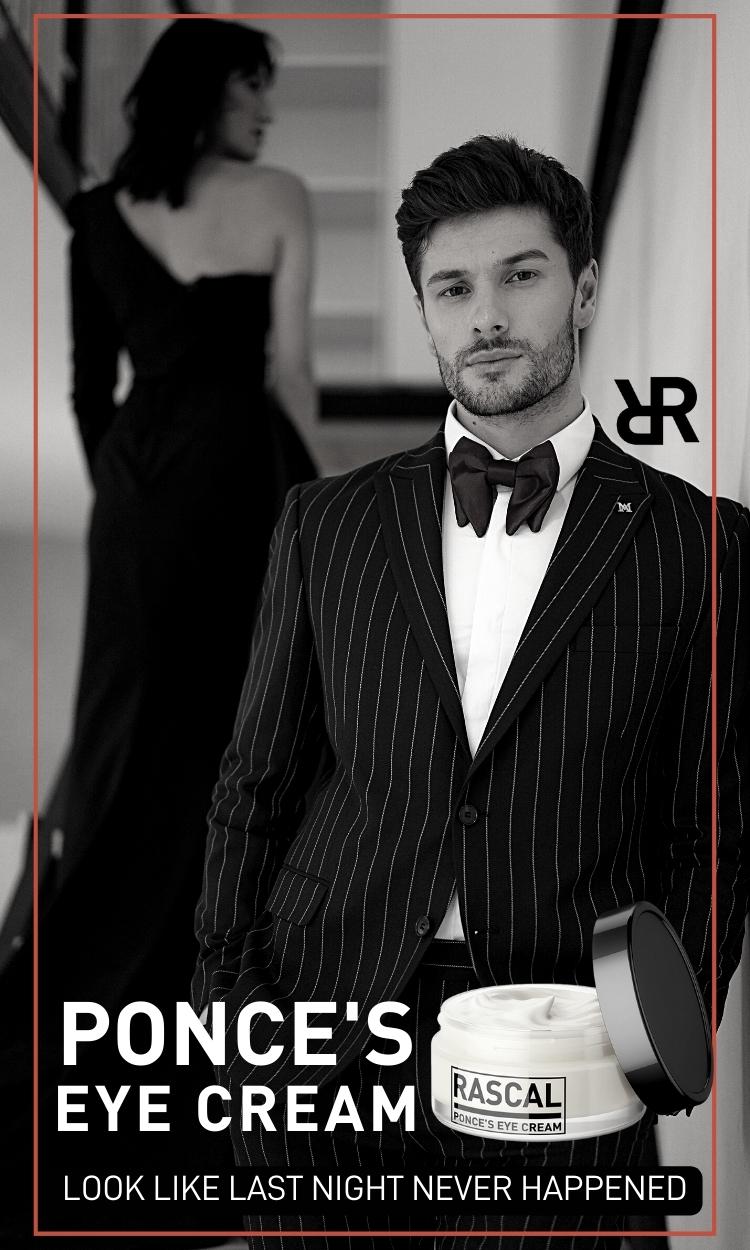It was in 2014 that Apple and Google came out with smart watches, even though it was a kickstarter project called Pebble that had led the way 2 years before. You may have seen some friends and colleagues sporting them, and even traditional watch manufacturers like Tag Hauer have their own versions now. The question is, do you need one?
What do they do well?
Smart watches are great for notifications. If you’re like most people, you get dozens if not hundreds of notifications daily. You can use simple swipe or tap gestures on most smart watches to acknowledge or dismiss these so that you don’t need to periodically pick up your phone to see a seemingly unending string of notifications or feel the need to pick it up when you hear a buzz or noise.
They integrate with lots of different apps you already use, allowing you to interact with apps without touching your phone. They also are great for turn-by-turn directions. If you don’t drive a vehicle that integrates with your digital devices, it can be slightly difficult to look down each time you may come to a turning point, but a smart watch can display turn by turn directions which are just a slight turn of the wrist away from you.
Finally, if you’re a fan of dematerialization (getting rid of multiple devices in favor of one device that does multiple things) a smart watch can help you replace your traditional watch and fitness tracker in one.
Where do they struggle?
Battery life is the single biggest gripe of smart watch users. You’re not likely to get more than a single day’s use from a smart watch. People also don’t like the idea of paying $200-$300 USD for something they still see as a revved-up accessory (they don’t know the features we’ve discussed above). Further, if you’re someone who likes to match the watch to your wardrobe or the occasion, the only thing you can do with a smart watch is change the strap.
Your routine
If you have an active lifestyle and find yourself frequently checking your phone, a smart watch may be perfect for you. If you purposely prefer the artwork and craftsmanship of an “old-fashioned” time piece, including those of the Swiss variety, then you can probably safely continue to resist the constant push to “upgrade,” at least in this area.
Do you use a smart watch? Did you use one and go back to your old watch? Why or why not? Share your stories in the comments below to receive a coupon for 25% off any Rascal products at our clubs.




I love my Apple Watch. As an attorney, I have countless appointments, deadlines, and tasks to track. A small vibration on my wrist can remind me to prep for the next meeting, get a document filed, or even take a break after hours of typing away. That said, early in my watch ownership I turned off most of the notifications. I try my best to be wholly present when meeting with clients or drafting pleadings — the companies I represent deserve my full attention, and many Apple Watch users develop the bad habit of eyeballing the watch every time it buzzes. Facebook updates, Twitter posts, CNN news — those things can wait. I’ve even turned off email notifications, as the distraction of being alerted every time an email arrives far outweighs how pressing most of them are. The Apple Watch is a tool for efficiency, but the out-of-the-box settings can create exactly the opposite effect.
I do not own a smart watch, although everyone else in my family does – wife, son, daughters. I still like the beauty and craftsmanship of a well made Swiss timepiece.